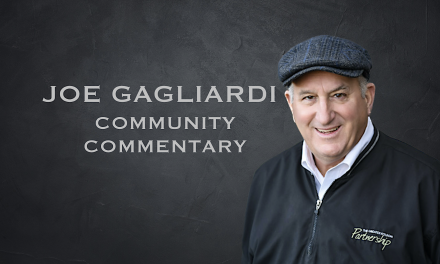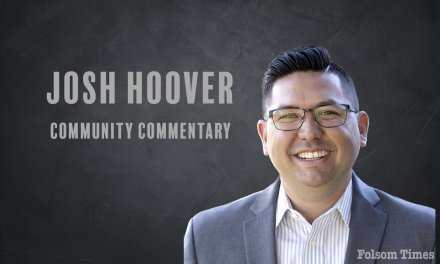President Trump’s “Big Beautiful Bill” (BBB) is the latest political victory in an action-packed first six months in office. The bill restores some good governance that protects taxpayers and citizens and is a huge boost to working families and entrepreneurs. The bill should increase prosperity and start to slow our unsustainable growth in government spending.
If you listened only to legacy media, you might think the bill does nothing more than kick widows and orphans off government healthcare. There is a reason why trust in media is at an all-time low, and the hysterical misrepresentations regarding the BBB (and all things Trump, really), are Exhibit A. The bill does nothing of the sort.
The BBB does require working-age adults to work or volunteer 20-hours a week, or be enrolled in school, to continue to receive their taxpayer-funded healthcare. Anyone disabled, caring for a child under 14, or pregnant, is exempted from these requirements. Still, the Congressional Budget Office (CBO) estimates that nearly 5-million people currently receiving government health insurance will not take even that modest step towards independence and self-sufficiency and will lose coverage as a result.
That also means that 5-million people are currently accepting benefits that don’t meet these loose standards. Charity is one thing, but why should healthy, working adults pay for the healthcare of healthy, working-age adults who refuse to work or take any responsibility for their own care?
Work is superior to permanent welfare, as citizens gain control over their lives and build toward prosperity. The BBB is wholly right to promote employment.
The BBB also requires states to use federal databases to verify Medicaid eligibility to check citizenship status, trying to ensure that illegal immigrants are not using the program for non-emergency care, and increasing oversight to cut down on waste and fraud in the system. This could save taxpayers billions every year.
Even with these long-overdue, common-sense measures, the Medicaid budget is still expected to increase over the next decade, but the BBB changes can slow the growth to a manageable level. As recently reported by theWall Street Journal, Medicaid spending has risen 60-percent since 2019, far beyond growth in personal incomes or government revenues. That must stop, or we are headed for fiscal crisis.
The BBB also makes permanent many of the pro-taxpayer, pro-family, pro-business changes from Trump’s 2018 tax reform, and even improves on some of those consequential changes from his first term.
The standard deduction for both single-filers and married couples is increased under the BBB, letting families keep more of their income and simplifying tax returns for millions. The annual child tax credit, one of the most important to working families, has been expanded by 10-percent to $2,200 per child.
Seniors 65 and older with income under $75,000 ($150,000 for joint filers) will get an extra $6,000 deduction on top of the standard deduction and any other senior-specific credits or deductions.
Millions of workers will benefit from the BBB’s partial exemptions on tips and overtime, as well.
Businesses of every size will be motivated to invest, expand, and hire more workers from provisions such as the “bonus depreciation,” which lets companies accelerate tax write-offs for qualified equipment.
As with Trump’s first round of tax policy changes, the BBB will boost middle-class bottom lines and strengthen businesses.
The BBB respects work, individual autonomy, families, entrepreneurship, and prosperity. It keeps a safety net woven tightly underneath the truly needy without promoting endless welfare for healthy, working-age adults.
The Big Beautiful Bill sets up America for a big, beautiful future.
Senator Ted Gaines (Ret.) was elected to represent the Board of Equalization’s First District. He is a leading taxpayer advocate, defender of Prop. 13, and is committed to providing trustworthy and transparent representation for nearly ten million constituents in 34 counties of northern, eastern, and southern California. For more information, visitwww.boe.ca.gov/Gaines.




